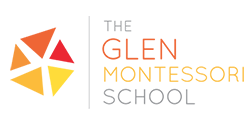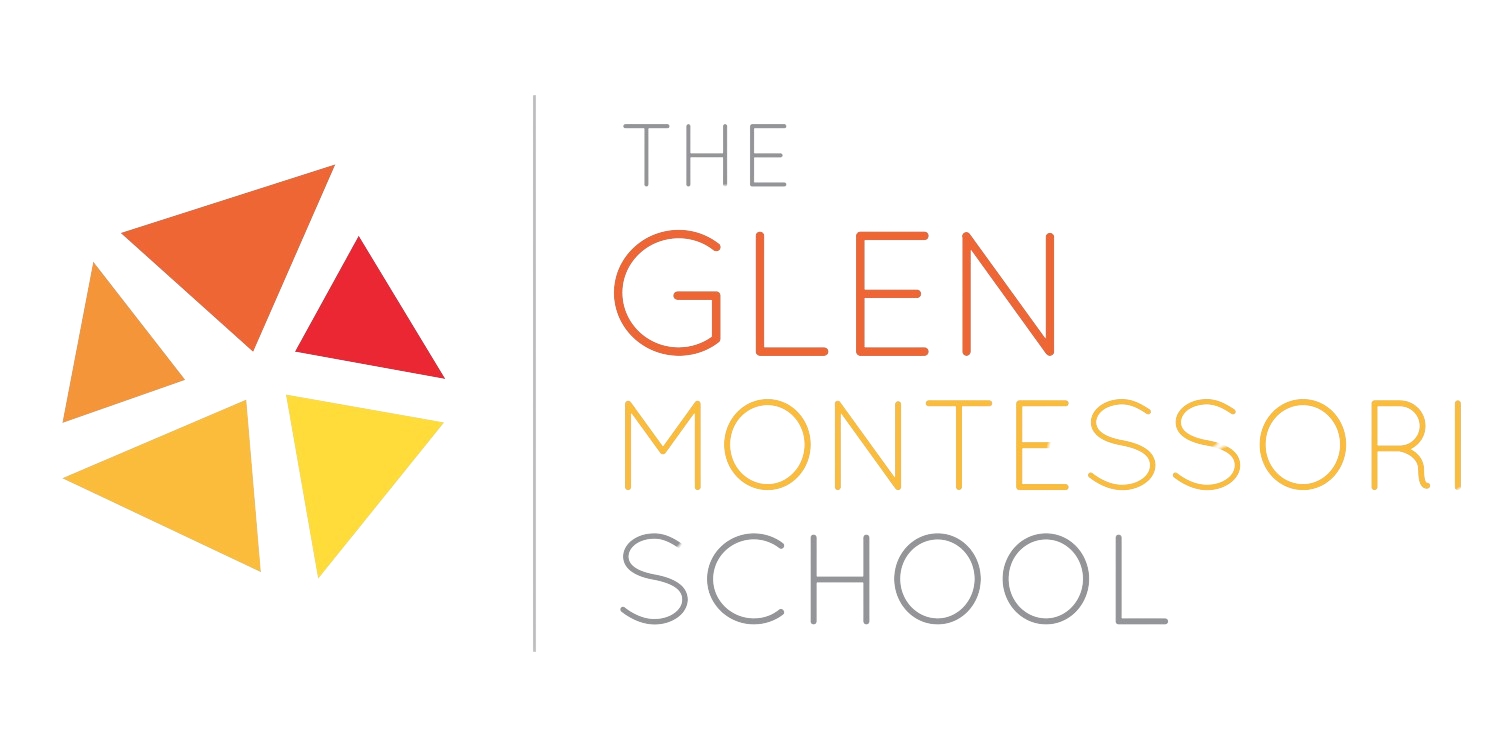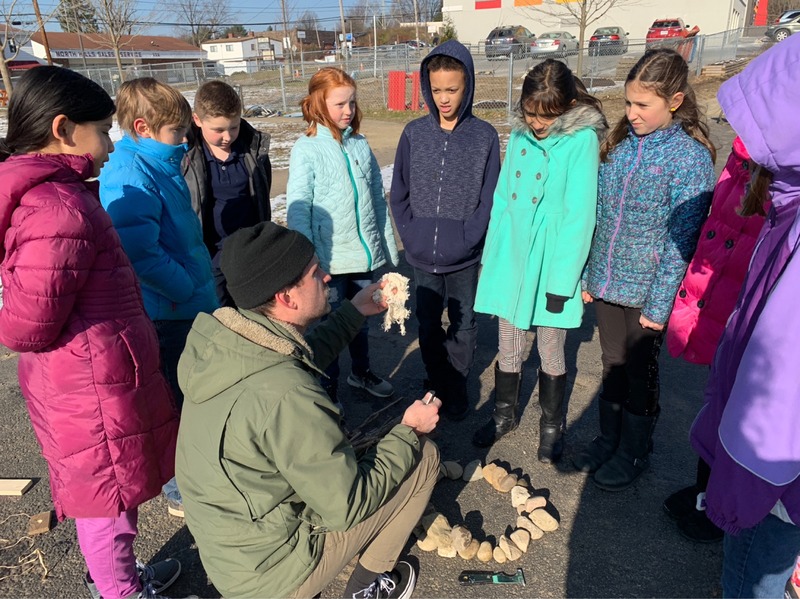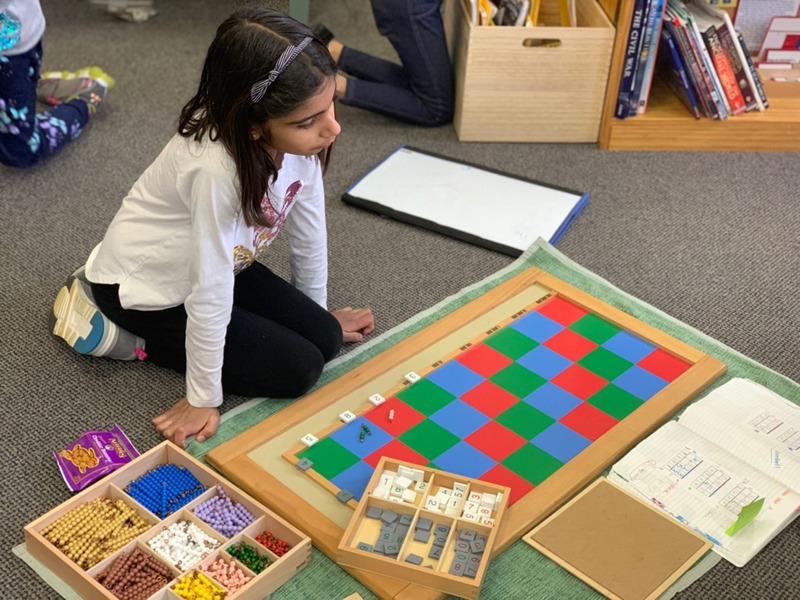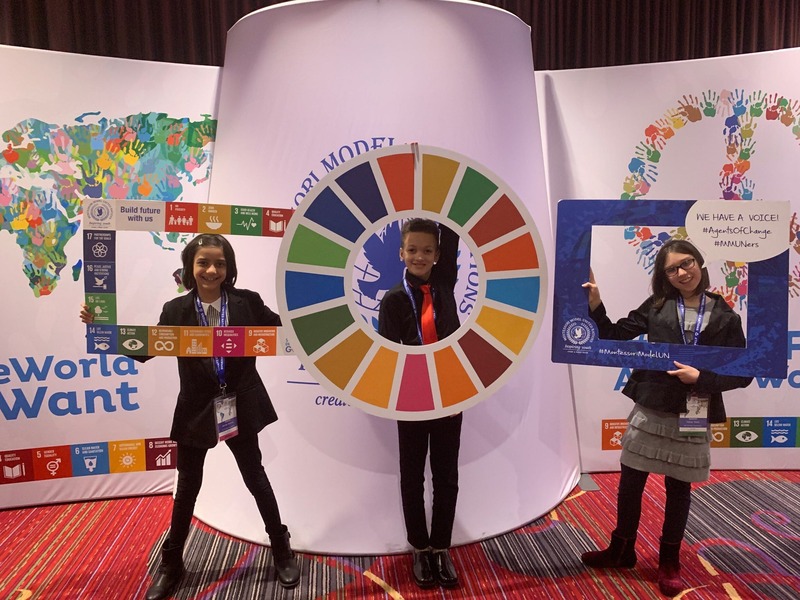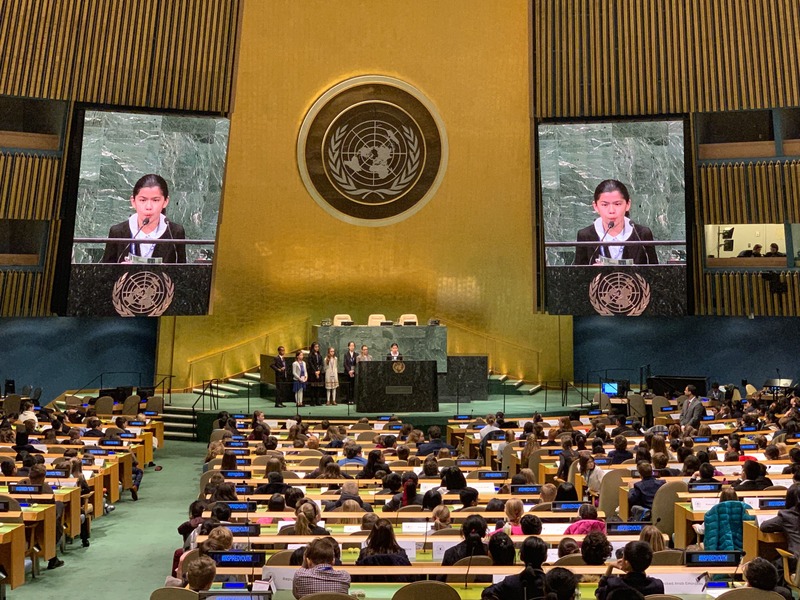Elementary (6 – 12 years)
The Elementary curriculum at The Glen is notable for both its academic rigor and the breadth of content. The impressive achievements of the typical Montessori elementary student are made possible by the child’s access to a range of stimulating Montessori materials, low student-teacher ratios, and a focus on cultivating independence. The Elementary Program fosters your child’s creativity, logical thinking, social growth, and emotional intelligence through personalized and small group lessons.
Apart from enhancing the child’s proficiency in reading, mathematics, and writing, the Elementary curriculum facilitates the student’s exploration of the interconnectedness of life in the universe. In addition to the standard academic curriculum, students participate in classes with our dedicated instructors in music, art, physical education, and Spanish.
Lower Elementary (1st-3rd Grade)
Through the use of weekly work plans and independent work, children practice time management, goal-setting, and responsibility. Our elementary program engages regularly in field trips and service projects around our community.
Subjects covered include reading, writing, grammar, mathematics, cosmology, geography, geology, biology, history, and cultural studies.
Upper Elementary (4th-6th Grade)
Students continue to foster a strong sense of community and become empowered individuals. Children develop the values of politeness, acceptance, and compassion for others. They learn to make complex decisions, embrace differences, and build resilience.
Within the Montessori Elementary curriculum, children are encouraged to articulate their thoughts and engage in self-directed learning through research and collaborative projects. This process enables them to exchange a wealth of knowledge with their peers.
Upper Elementary students annually participate in the Montessori Model United Nations Conference. The class selects member countries of the United Nations to research throughout the school year and represent at the international conference in early Spring. Each student acts as a committee member representing their country’s concerns in a specific area, such as Food Insecurity, Disaster Preparedness, or Access to Education.
Frequently Asked Questions
We do not assign homework. Homework is often a point of contention in families. In addition, research has shown that homework in elementary school has little value. Our job is to teach the academic subjects, and give you the chance to fully enjoy your child’s precious youth. At school, children are doing the work that is just right for them, and they waste no time on busy work. At home, we encourage children to read, write, and research to their heart’s content. But they should be entitled to spend time at home learning practical life skills and sharing in positive family experiences.
